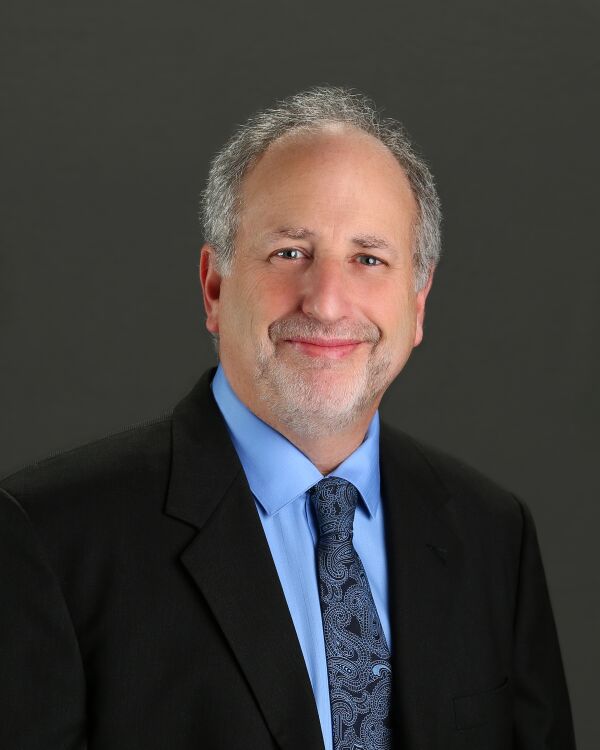- About Us
- Events & Training
- Professional Development
- Sponsorship
- Get Involved
- Resources
January/February President’s Message: Can planners continue to be effective in an increasingly untruthful world?Chapter President Rick Sepler emphasizes the importance of ethics, patience, and clarity when it comes to planning in our post-truth world.
As planners, telling the truth is one of our key professional values. This is concretely memorialized in the AICP Code of Ethics which requires us to "…provide timely, adequate, clear, and accurate information on planning issues to all affected persons and to governmental decision makers." However, as professionals we know that being fact-based is more than an abstract value: it goes to the core of all we do. In practice, planners embrace identifying the facts and seek to present them in a manner that allows people to come to their own conclusions. However, how do we contend with manufactured truths and alternative facts? While this issue might seem emergent, seasoned practitioners tell us that is nothing new—planners have traditionally spent much of their time correcting misinformation, at best, or opinions offered without a full understanding of the issue, at worst. Perhaps you can recall a colleague (or even yourself) talking about a staunch opponent who presented an opinion at a meeting or hearing that was "unencumbered by any facts." So how do we overcome this misinformation or complete lack of information? It is likely that you already have a "go-to" schema and approach. A valued mentor once shared his method with me and I've used it to good effect throughout my career: Step 1: Stay calm and don't overreact. We lose our credibility when we accelerate the emotional velocity of the discussion. Step 2: Respectfully acknowledge the opinion being asserted, but offer that a review of the facts doesn't lead to the same conclusion. We are always more effective when we are diplomatic and folks feel heard. We also need to bank on the fact that in the vast majority of instances, reasonable people will come to a responsible conclusion after they consider accurate information. Step 3: Present the facts. Never miss an opportunity to correct the record when it is skewed by unsubstantiated assertions. Folks can have their own opinions, but not their own facts. I'd be interested in hearing your thoughts on how to effectively address misinformation and better present accurate facts. Please send them on to me at [email protected] and I'll share your responses in my next column. New Committees At the December Board Meeting, the formation of two new APA-WA committees was discussed: a committee tasked to look at equity, diversity, and inclusion in our Chapter and profession and a committee to support the forthcoming Road Map to Washington's Future process that is being coordinated by the Ruckelshaus Center at UW/WSU. Equity, Diversity, and Inclusion Committee Between the months of August and October, the APA-WA equity task force met periodically and exchanged thoughts and ideas pertaining to equity, diversity, and inclusion. The task force agreed that increasing diversity is an issue of paramount importance that cannot be solved through a single-faceted approach. One of the critical themes included the need to provide equity training to create awareness of the institutional barriers and challenges faced by some minority planners. Additionally, it was discussed that simply creating programs would not be sufficient—meeting the goal of increasing diversity within APA Washington would require dedication to the financial and professional support of planners and a recognition of some of the barriers impeding their success. Finally, discussions included opportunities to partner with other groups, such as the Professional Council and the Racial Equity in Urban Planning groups at the University of Washington, to identify barriers and collectively address areas of overlap in an attempt to leverage resources for effectiveness. If you are interested in participating in this committee, please contact Brandon Gonzalez. Forthcoming Road Map to Washington's Future Committee The legislature has directed the Ruckelshaus Center to convene and facilitate a two-year state-wide process. While still being refined, that effort will engage Washington’s residents in conversations about the desired future for our state; conduct a series of deep, candid conversations with many groups; and conduct targeted research by the state’s public universities to help inform potential alternatives. As the process and schedule become better defined, the Chapter will formally create the committee. If you are interested in participating, please contact me by email. Return to the January/February issue of The Washington Planner |


